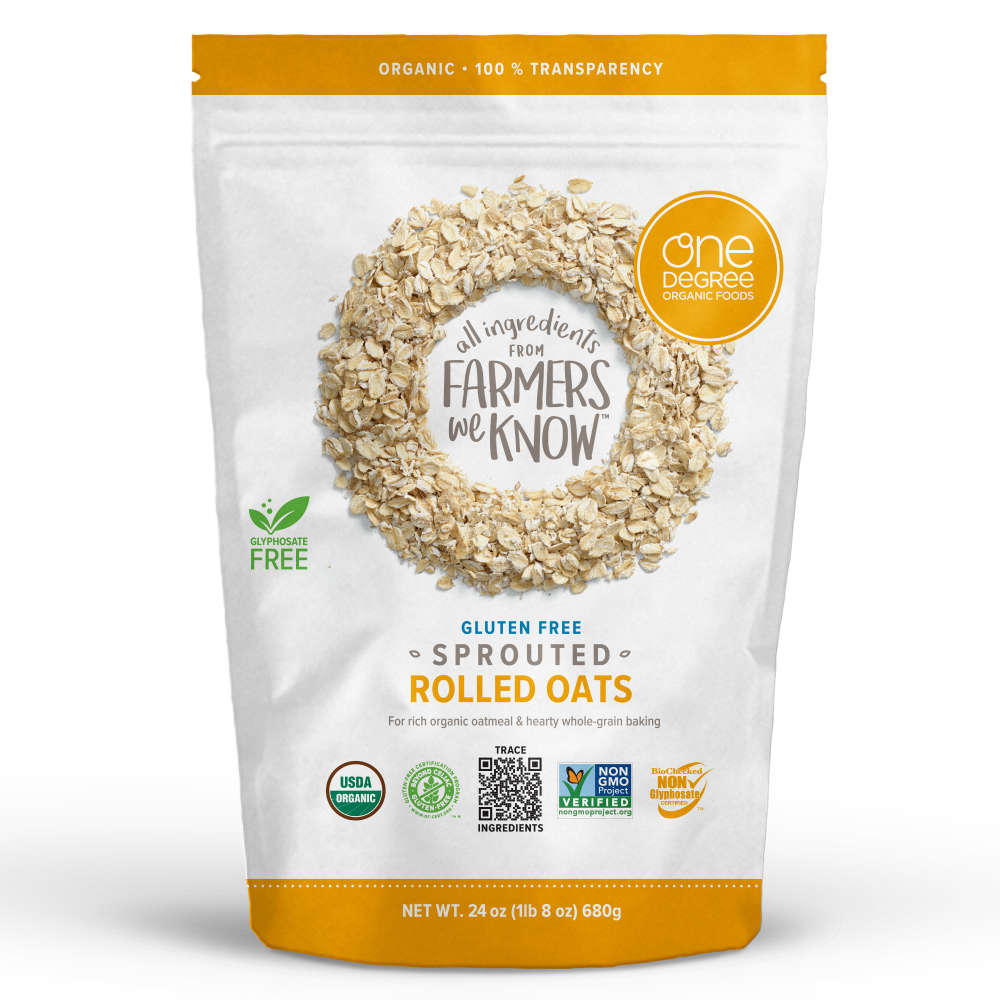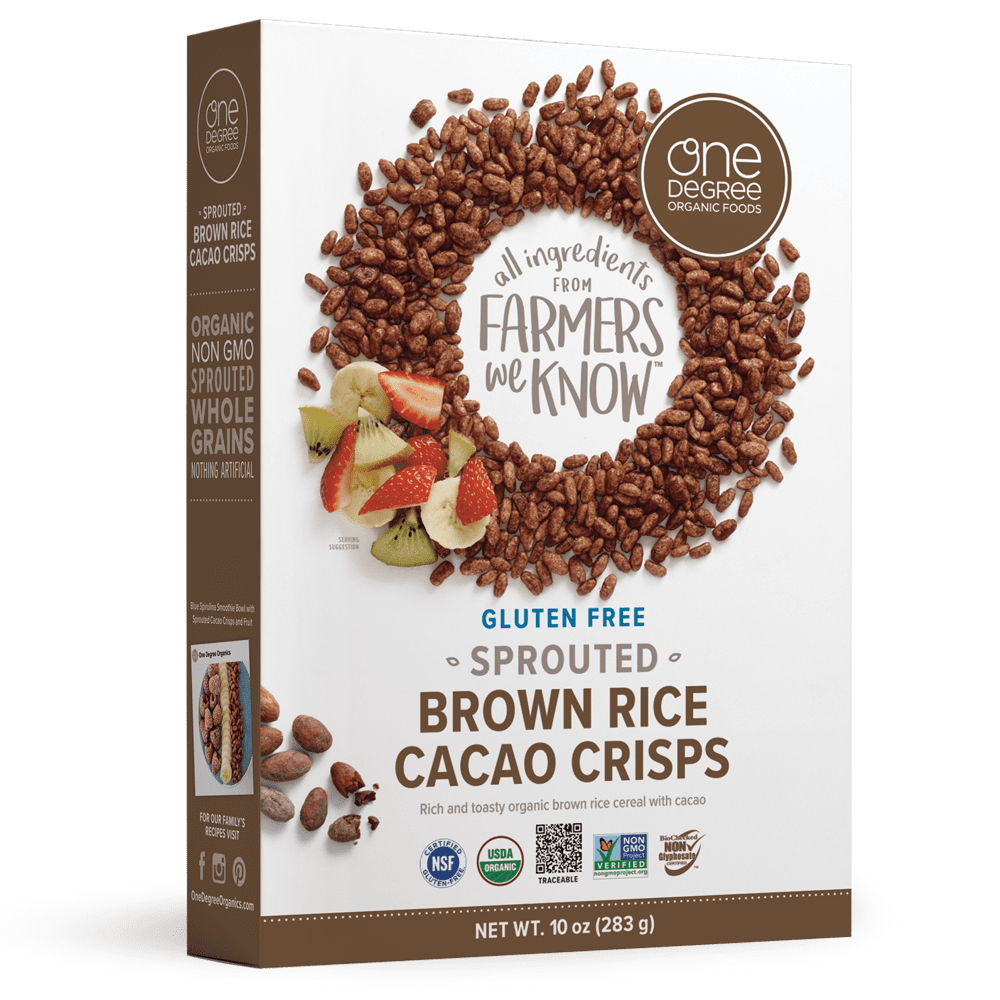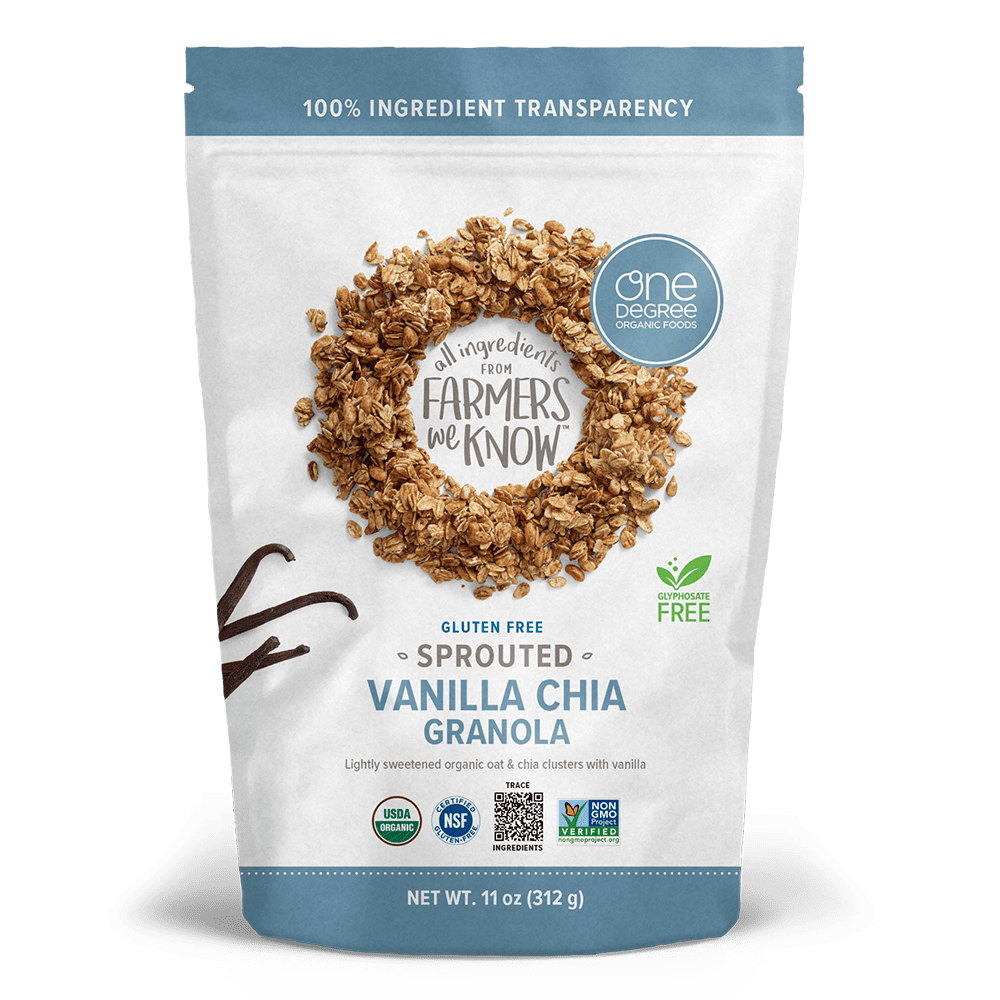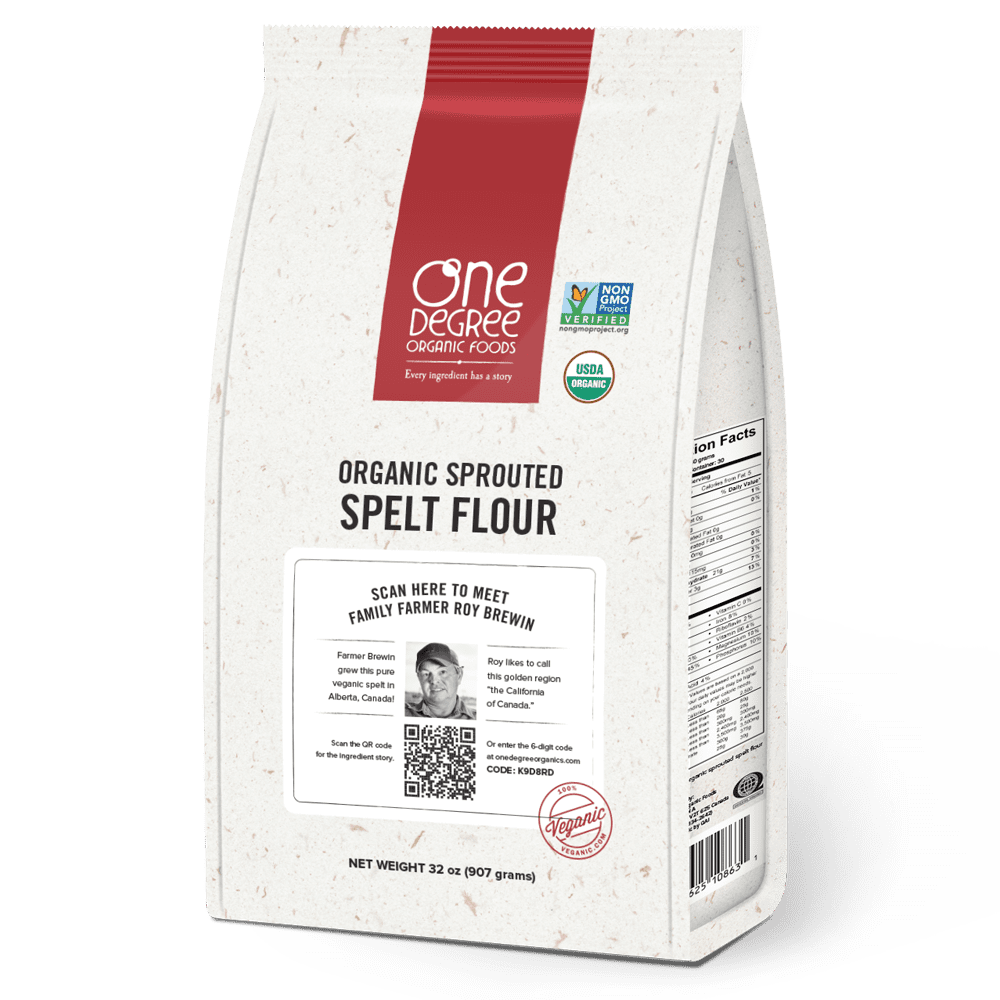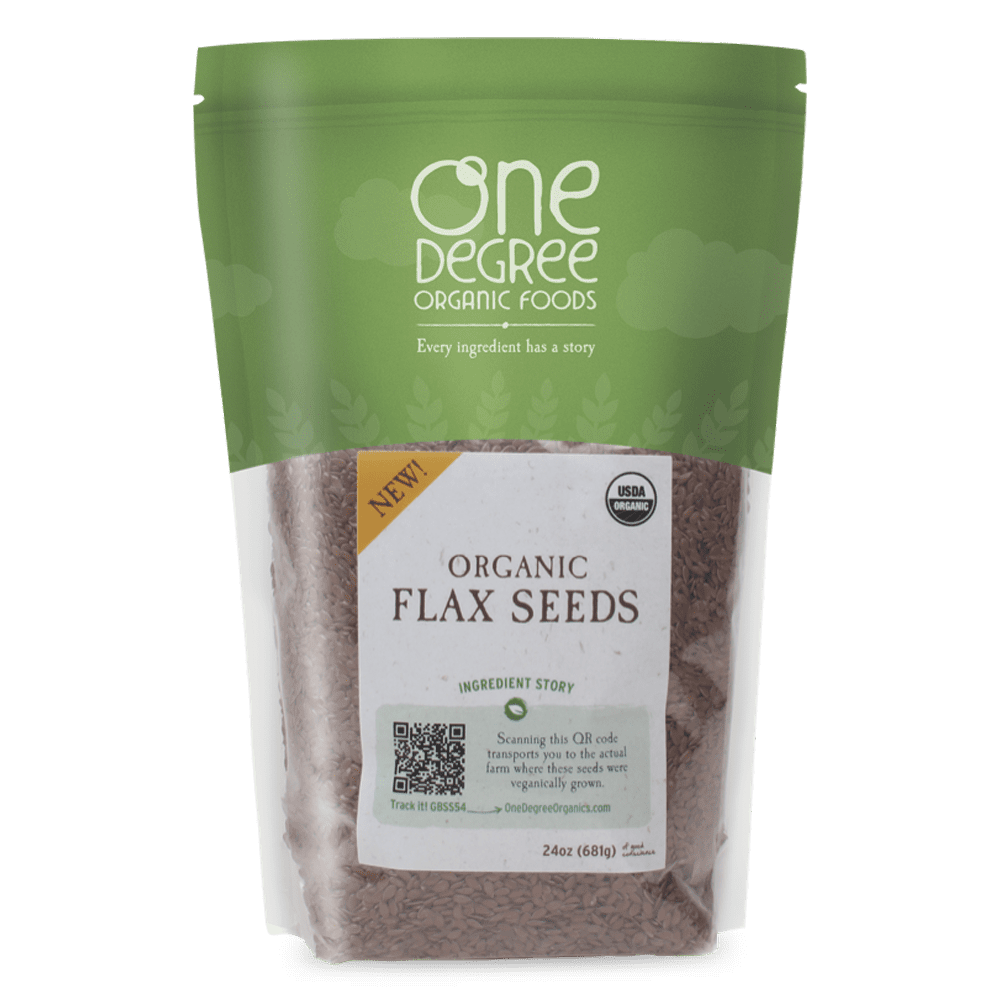Cardamom
Fedecovera
While the global COVID pandemic continues to keep our travel plans on hold, we have been working with our farmer partners to find creative new ways to share their stories with you until we can safely meet them in person again. Here is our from-home story of FEDECOVERA.
In the sub-tropical cloud forests in the North of Guatemala, over 350,000 small-scale farm families grow one of the most valuable spices in the world—cardamom[1],[2]. Accounting for 60% of the global stock in 2019[3], Guatemala is the top producer and exporters of cardamom in the world. However, despite cardamom’s value in the world market, a multi-level supply chain full of intermediaries often means the small-scale farmers who grow most of Guatemala’s cardamom see little economic benefit from this cash crop.
Prized in global cuisines, from India where it originated, to the Middle East, and throughout Europe, this fragrant spice brings something extra nice to savory meals, warm beverages, sweet baked goods (and to One Degree Organics Sprouted Sugar & Spice Instant Oatmeal).
But beyond its unique flavor, what makes cardamom so expensive? The answer lies not just in how cardamom is grown, but also in the short and temperamental processing needed to produce top-quality dried pods.
With a productive life span of 10 to 15 years, cardamom takes at least three years to bear fruit. A member of the ginger family, cardamom thrives in shade. But the deforestation and mass-monocropping that drove the industry in the 1970s means that up to 60 percent of Guatemala’s cardamom crop is grown without forest cover, leading to lower yields (well below world standard)[4].
And low yields are not the only problem caused by plantation-style cardamom farming. Infestations of a pest called cardamom thrips reduces crop productivity significantly, and affects cardamom quality, too.
Cardamom cherries—the delicate seed pod of the cardamom flower—must be harvested by hand and dried within two days. The quality (and therefore market value) of a cardamom crop is strongly influenced by climate conditions, soil and plant health, and how the pods are handled after harvest.
Because small-scale cardamom farmers in Guatemala do not have the resources or infrastructure to process their own crops, they see little of the profit from this prized spice. Instead, the rest of the cardamom value chain goes to multiple intermediaries who wash, dry, clean, sort, grade, pack, and distribute it.
The result? Few small-scale cardamom farmers of Guatemala see the economic benefit of their work, leaving their families stuck in a cycle of low wages and poverty.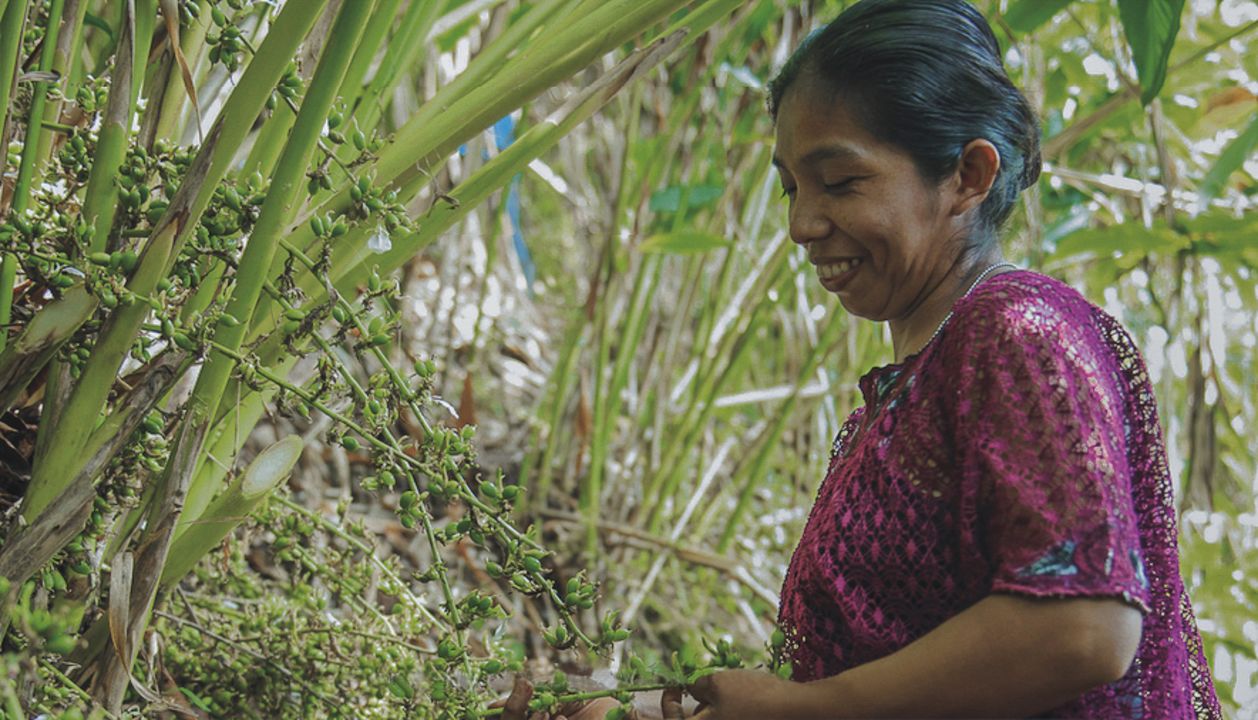
And that is where our partner FEDECOVERA (Federation of Cooperatives of the Verapaces) has made an incredible difference.
A Farmer-Owned Cooperative Bridge
Founded in 1976, FEDECOVERA aims to create a sustainable social, environmental, and economic business model. FEDECOVERA follows what they call the Real Social Business Model. Based on three pillars, small-scale farmers own the first level of cooperatives. In turn, those farmer-owned cooperatives are the owners of FEDECOVERA, which is the second-level organization that acts as a bridge between small-scale farmers and international markets.
FEDECOVERA includes 35,000 producing families, including 180,000 indigenous Mayan Q’eqchies and Poqomchies—people typically marginalized and left behind in the cardamom value chain.
Organized into 42 first-level cooperatives and more than 100 associations, FEDECOVERA is owned by the small-scale farmers it empowers to act in the supply chain for cardamom (as well as cacao, allspice, turmeric, and other crops). This ensures these farmers benefit from fair prices, working conditions, and the 100% traceable high-quality product standards that allow them to compete in international markets.
FEDECOVERA’s business model goes beyond helping its small-scale farm members earn fair market value from their crops. It works on multiple levels to improve sustainability and socio-economic conditions, too.
Organic Agriculture and Sustainability
The first producer and exporter of organic cardamom in the world, FEDECOVERA began the process of gaining organic certification in 2002. All products are cultivated using natural practices—no pesticides or chemicals, and sustainable production methods (even if all member cooperatives are not yet certified organic).
The deforestation and mass monoculture plantations that began in the 1970s have made Guatemala’s cardamom susceptible to pests and climate conditions. Through reforestation projects and training, FEDECOVERA’s farmers now plant their cardamom in the shade of cinnamon and pepper trees and understand how to grow their crop without degrading the forest[5].
Through their research program, FEDECOVERA has worked to recover from the loss of diversity and genetic strength from decades of monoculture. Their nursery supplies their cardamom farmers with healthy plants that are more resistant to threats like cardamom thrips. And they focus on protecting and improving biodiversity through integrated management instead of using harmful chemicals.
FEDECOVERA’s Landscape Restoration for Adaptation to Climate Change program offers awareness workshops to drive action needed to preserve the environment, focus on reforestation, and provides economic incentives to implement sustainable forest management. Their forestry development program ensures sustainable wood processing of wood harvested using controlled practices that complement the production cycle of each tree-based crop.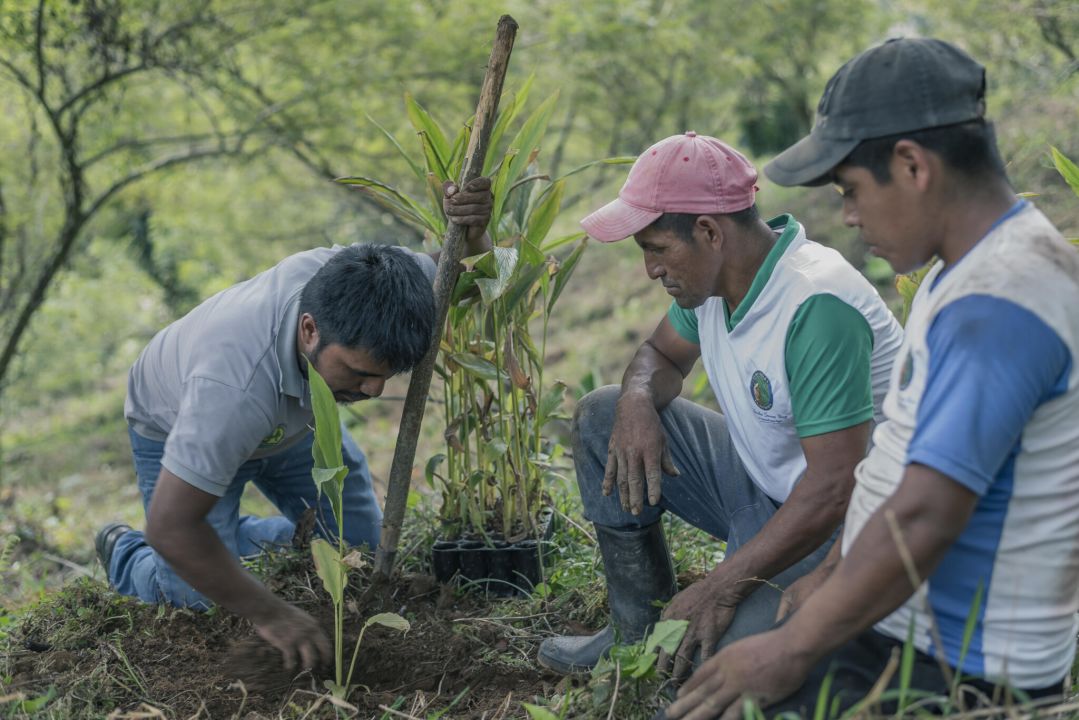
Reforestation and organic practices help turn cardamom farming—and the cultivation of the other crops FEDECOVERA’s members grow—into a self-sustaining activity for future generations.
Supply Chain Management and Traceability
Where most of Guatemala’s small-scale cardamom growers have been left in poverty at the bottom of a steep chain of intermediaries, cooperative-owned FEDECOVERA manages the entire supply chain to support their farmers’ interests.
From primary processing and warehousing, to transportation, shipping, distribution, quality control and certification, FEDECOVERA ensures that Fair Trade practices are at the heart of their organization. And that means their members see the long-term economic benefit of the valuable crops they grow.
For One Degree, FEDECOVERA’s bottom-to-top management of the cardamom supply chain means they can provide total transparency that aligns with our values.
Empowerment and Education of Women and Youth
In Guatemala, women’s roles in cardamom production have typically been limited to farming and harvesting, leaving them out of the rest of the value chain. For over 25 years, FEDECOVERA has worked to make women in their cooperatives active participants in all roles—agricultural, commercial, and management.
FEDECOVERA promotes equal participation of women through many programs and initiatives, starting with driving awareness of the value of girls’ education and providing scholarships at all levels of education.
Programs to empower women range from basics like hygiene and self-esteem, to workshops and training in management and administration of family businesses, all the way to fostering women’s participation from the greenhouse all the way to the board of directors.
But one of FEDECOVERA’s most successful projects has been the creation of the first women’s cooperative in Guatemala. There, women can develop their talents and leadership abilities—not only to create new ways to bring income to their own families, but to be an example to all women who are part of cooperatives.
In addition to empowering women to participate fully, FEDECOVERA promotes the inclusion of youth in the activities of their cooperatives. Through scholarship programs, entrepreneurship, and management training, this helps strengthen the cooperative system now and for generations to come.
FEDECOVERA’s Agri-business School provides education and skill-development in business, accounting, silviculture, management, and more. Their one-year program is designed to help participants return to their cooperatives to take on leadership and management roles, and be able to implement new techniques to improve their crops.
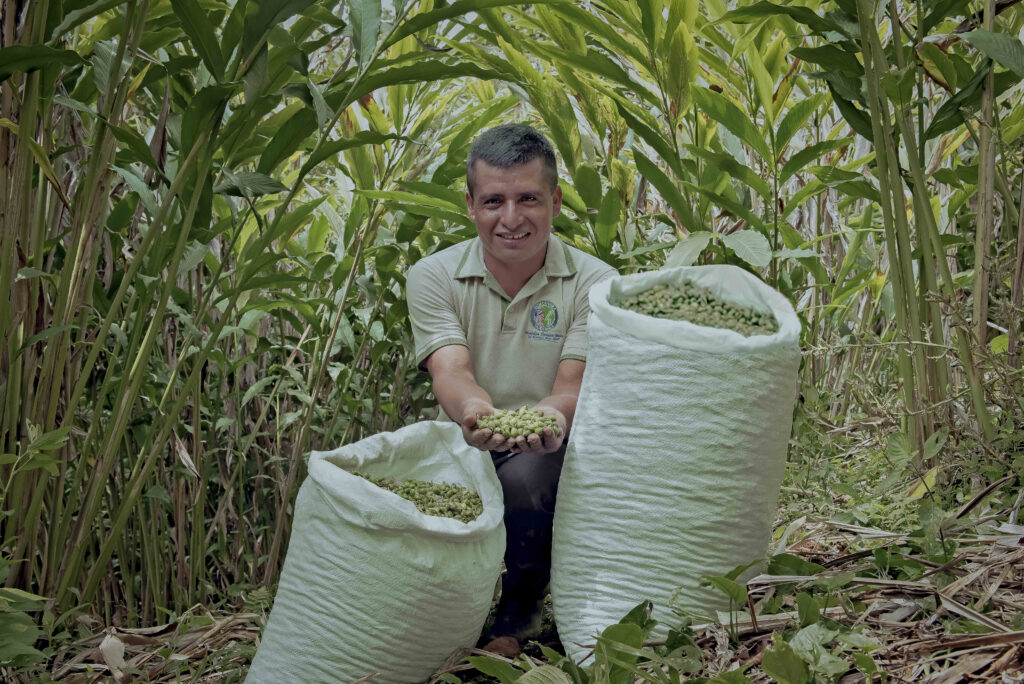
Financial, Health, and Social Services
Although primary, secondary and university education forms a strong foundation for social and economic development, access to basic health and social services is essential to break the cycle of poverty for small-scale cardamom farmers. FEDECOVERA created a medical center to deliver general medical and dental care to cooperative members and their families in 48 communities.
Further, FEDECOVERA provides a financing mechanism—through credit management and grants—giving member cooperatives access to loans for local infrastructure and development projects to help small-scale farmers improve their capacity to produce and process quality crops. It also offers accounting services, legal advice, and administrative support to help strengthen and modernize business and operations at the cooperative level.
FEDECOVERA’s combined efforts have improved living conditions and helped create economic success for the over 35,000 small-scale families who make up its member cooperatives. One Degree Organics is proud to use their organic cardamom in our products.
[1] United Nations Conference on Trade and Development (UNCTAD), Harnessing Agricultural Trade for Sustainable Development: Guatemala: Potato, cocoa, and cardamom. UNCTAD, 2019. Available from: https://unctad.org/system/files/official-document/ditcted2019d2_en.pdf, accessed October 12, 2021.
[2] Lobera, J. L., Lessons from Cardamom for a Green Recovery. Inter-American Development Bank (IDB). Available from : https://www.iadb.org/en/improvinglives/lessons-cardamom-green-recovery, accessed June 25, 2021.
[3] Michail, N, ‘Positive news for the small producer’: Guatemalan cardamom prices spike. Food Navigator, February 1, 2019. Available from: https://www.foodnavigator-latam.com/Article/2019/02/01/Guatemalan-cardamom-prices-spike, accessed October 12, 2021.
[4] United Nations Conference on Trade and Development (UNCTAD), Harnessing Agricultural Trade for Sustainable Development: Guatemala: Potato, cocoa, and cardamom. UNCTAD, 2019. Available from: https://unctad.org/system/files/official-document/ditcted2019d2_en.pdf, accessed October 12, 2021.
[5] Lobera, J. L., Lessons from Cardamom for a Green Recovery. Inter-American Development Bank (IDB). Available from : https://www.iadb.org/en/improvinglives/lessons-cardamom-green-recovery, accessed June 25, 2021.
